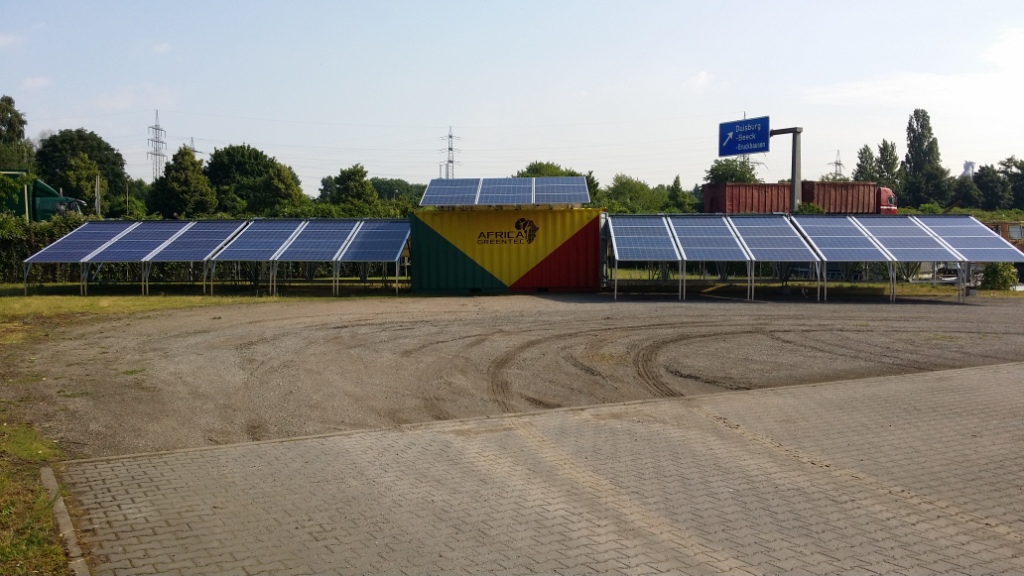Adequate policies and regulations are vitally necessary for mini grid development worldwide. That is the main conclusion of the International Renewable Energy Agency’s Policies and regulations for Renewable Energy Mini-grids report.
The agency presents case studies in Indonesia, Peru, Nigeria, Rwanda, Sierra Leone, Tanzania, Cambodia and India, and provides insights into their rules and the actions implemented to support the electrification of isolated areas through mini grids based on solar and hydropower.
The report’s authors say the main factors decisive in the development of mini grids are legal and licensing provisions, cost-recovery and tariff regulation and access to financing.
“The analysis finds that not all factors are equally relevant to all types of mini grids, and policymaking can benefit from a deeper understanding of various combinations of technologies, delivery models and tiers of access,” says the study.
According to the report, the capacity of solar mini grids rose from just 11 MW in 2008 to approximately 308 MW at the end of 2017.
Asia and Africa lead the way
Asia – where the development of renewable energy mini-grids has been led by governments, the private sector and communities – is the region with the largest number of people provided electricity by mini grids, followed by Africa, which saw its number of citizens with mini grid access rise from just over 200,000 in 2008 to 1.3 million in 2016.
“The trend is set to continue, given the growing competitiveness of renewable energy mini-grid solutions, and national efforts to scale up deployment,” IRENA experts added.
The authors of the report claim the efforts of governments and private investors are necessary, as public financing needs to be complemented by private funding, while “ensuring equitable services for the most vulnerable and marginalized communities”.
The lack of new ad-hoc regulations and provisions is considered a key issue for mini-grids, as traditional energy policies and regulatory frameworks are unable to correctly assess different cost structures for mini-grids, as well as the size and economic profiles of consumer bases, and the magnitude of electricity sales.
Introducing national targets linked to renewable energy technologies may also be a good move to improve access to electricity through mini-grids, the report adds.
This content is protected by copyright and may not be reused. If you want to cooperate with us and would like to reuse some of our content, please contact: editors@pv-magazine.com.




By submitting this form you agree to pv magazine using your data for the purposes of publishing your comment.
Your personal data will only be disclosed or otherwise transmitted to third parties for the purposes of spam filtering or if this is necessary for technical maintenance of the website. Any other transfer to third parties will not take place unless this is justified on the basis of applicable data protection regulations or if pv magazine is legally obliged to do so.
You may revoke this consent at any time with effect for the future, in which case your personal data will be deleted immediately. Otherwise, your data will be deleted if pv magazine has processed your request or the purpose of data storage is fulfilled.
Further information on data privacy can be found in our Data Protection Policy.